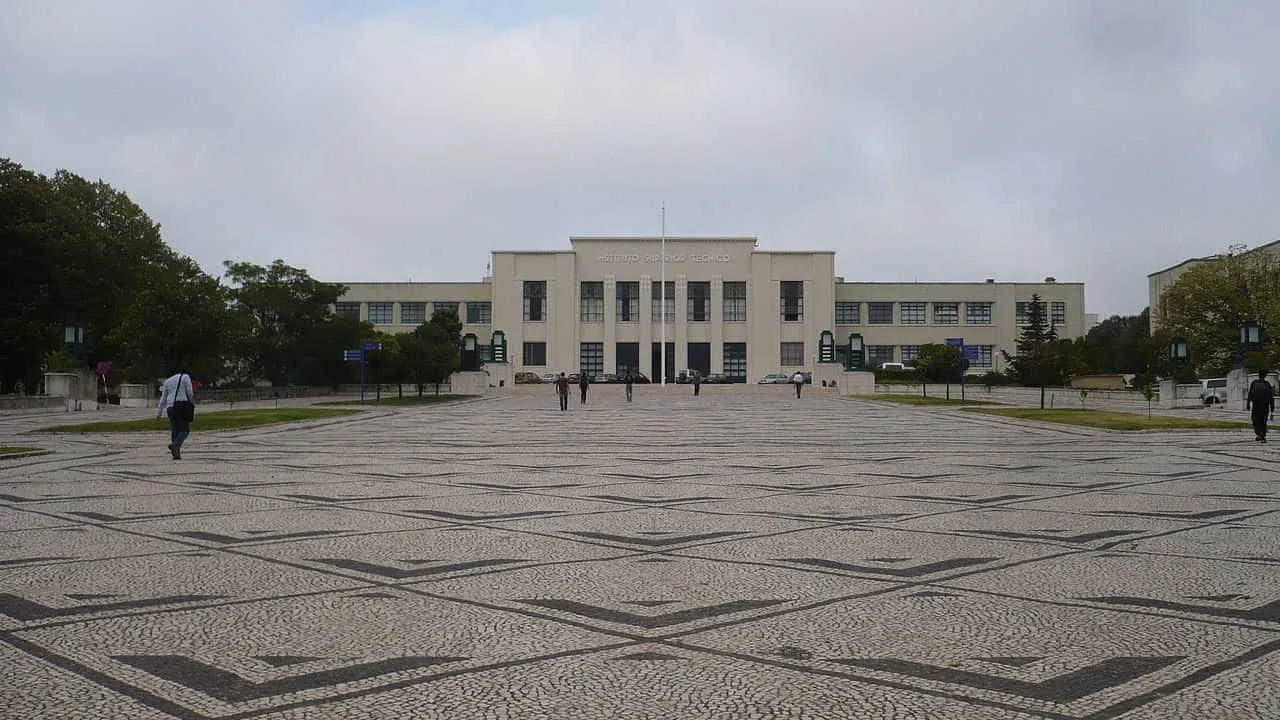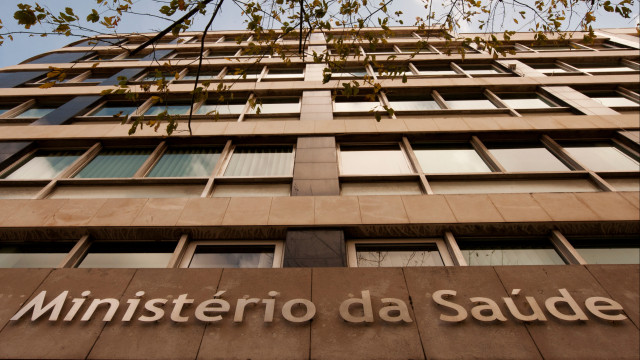
The United States is withdrawing support previously provided to several Portuguese universities and has issued questionnaires to these institutions concerning “gender ideology” and “malign Chinese influences.” This move has sparked a wave of revolt, with university rectors refusing to answer what they describe as intolerable questions from the Trump administration.
On Thursday, it was reported that the U.S. government had terminated a program at Instituto Superior Técnico (IST), which facilitated a space dedicated to promoting American culture within its premises. The Portuguese institution had been questioned about its links to terrorist organizations.
IST President Rogério Colaço confirmed he received notice on March 5 regarding the immediate cancellation of the ‘American Corner’ program. The same communication included a controversial survey asking whether IST collaborated with or was referenced in accusations related to terrorist associations, cartels, human trafficking, drug trafficking, and organizations promoting mass immigration.
The IST responded by stating it would not fill out the questionnaire, asserting that it was “inappropriate for a public higher education institution subject to public and legal scrutiny in a democratic EU member state.”
The “audacity” of the 36 questions
Hermenegildo Fernandes, Director of the Faculty of Letters at the University of Lisbon (FLUL), reported receiving a similar questionnaire, expressing shock at the “audacity” of the questions. These included inquiries about the institution’s stance on “climatic agendas,” contacts with communist and socialist parties, relationships with the United Nations, China, Iran, and Russia, and efforts to “protect women from gender ideologies.”
The faculty also opted not to answer the questionnaire, noting its obligation to comply with Portuguese and EU scientific policies. It remains unclear whether the ‘American Corner’ program was also discontinued at the faculty, which shares facilities with the Confucius Institute, China’s official body promoting its culture and language.
The Faculty of Science and Technology at the New University of Lisbon added only that the ‘American Corner’ is “an annual project set to conclude in September” with ongoing discussions about possibly renewing it.
As of now, the universities of Porto, Aveiro, and the Azores have not commented on these developments.
“Intolerable” questions
The Rector of the University of Aveiro and President of the Council of Rectors expressed regret over the terms communicated by the U.S. Embassy, which linked ongoing funding to responses to these “intolerable” questions.
Paulo Jorge Ferreira noted that the questionnaire included inquiries about collaborations with communist, socialist, or totalitarian entities or funding from China, including Confucius Institutes, Russia, Cuba, or Iran.
Ferreira emphasized that the ‘American Corner’ initiative, which had operated for over a decade without incident, had been crucial in promoting scientific communication.
In Aveiro’s case, Ferreira explained that “the funding is minimal” and aligned with the American interest in promoting their culture. “I fully concede to the financier the legitimacy to decide on continuing or ceasing such funding, but I find it inappropriate to condition institutions or to demand information on matters undermining their independence and academic freedom,” he responded.
‘American Corners’ with decades of history
In Portugal, six American-funded ‘American Corners’ or ‘spaces’ are functioning within university institutions, which the U.S. Embassy in Lisbon describes as “centers of information and culture.”
Besides IST, these spaces are located at the universities of the Azores, Aveiro, Porto (Faculty of Letters), Lisbon (Faculty of Letters), and the New University of Lisbon (Faculty of Science and Technology).
At IST, the ‘American Corner’ had been operational for over ten years, hosting lectures, meetings, and scientific outreach activities, according to Rogério Colaço.
The yearly funding amounted to approximately 20,000 euros. There are also ‘American Corners’ in 139 other countries worldwide.




